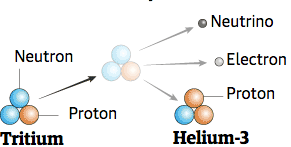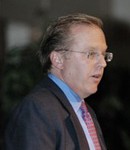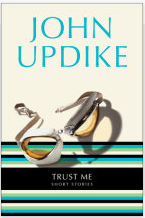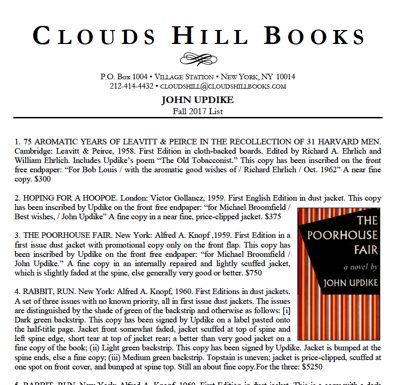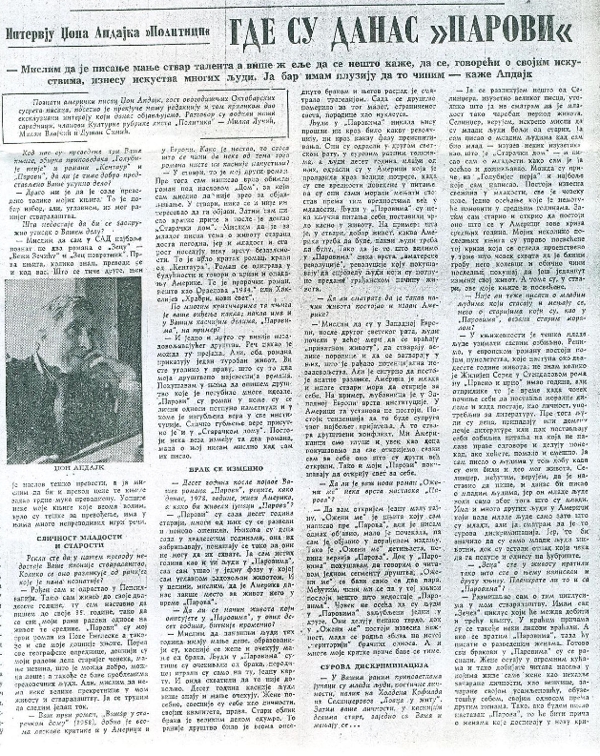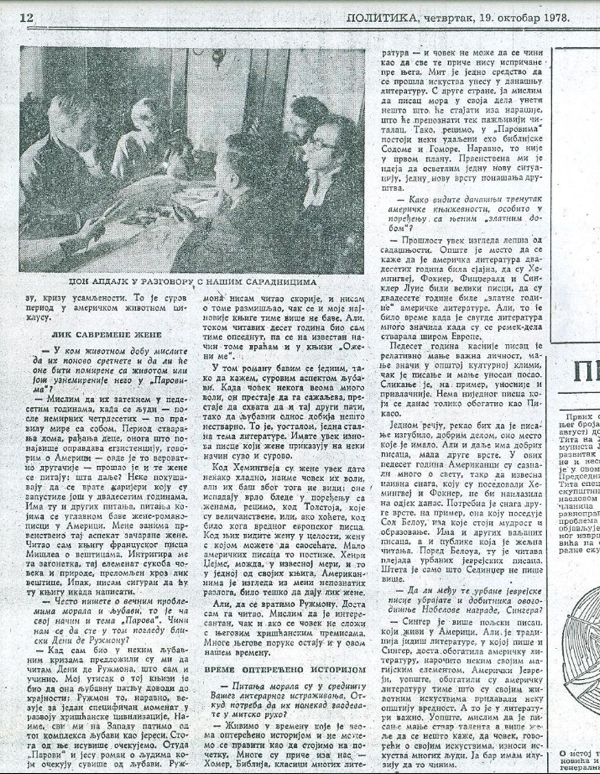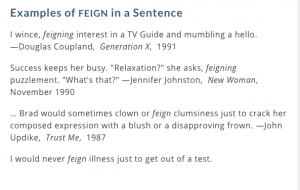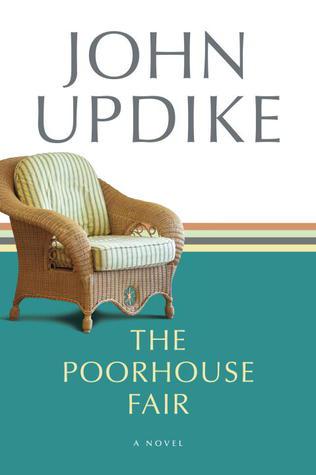 The county alms house was located just a few blocks from The John Updike Childhood Home, and it famously provided the inspiration for Updike’s first published novel. In a review of it, published in Commentary on March 1, 1959, David Fitelson wasted no time in pronouncing it a failure. His review begins,
The county alms house was located just a few blocks from The John Updike Childhood Home, and it famously provided the inspiration for Updike’s first published novel. In a review of it, published in Commentary on March 1, 1959, David Fitelson wasted no time in pronouncing it a failure. His review begins,
“John Updike, one of the more talented of the New Yorker‘s resident storytellers, has had a hearty but not very successful try at a first novel. The failure of The Poorhouse Fair lies largely in its adherence to established New Yorker conventions regarded in many quarters as rather OK. One does not mind the OK archness and urbanity that occasionally creeps into Updike’s prose. He has a genuine way with words and usually rises above that. Other OK things, however, are more disturbing: in particular, a rather mannered way of exploring character, and a distaste-for-the-sight-of-blood daintiness that he shares with certain other New Yorker contributors (e.g., John Cheever and Harold Brodkey). Most disturbing is that New Yorker-like critical remoteness which enables one to be awfully aware of, say, the ‘ridiculous’ build-up in nuclear armaments, and then (having exercised one’s social conscience) to go on to chuckle at the ‘ridiculous’ oversight of an Iowa proofreader. In being aware of impending perils, one is relieved of responsibility for heading them off: in being aware of the existence of ideas, one is absolved from thinking about them.”
Here’s the full hatchet job.

